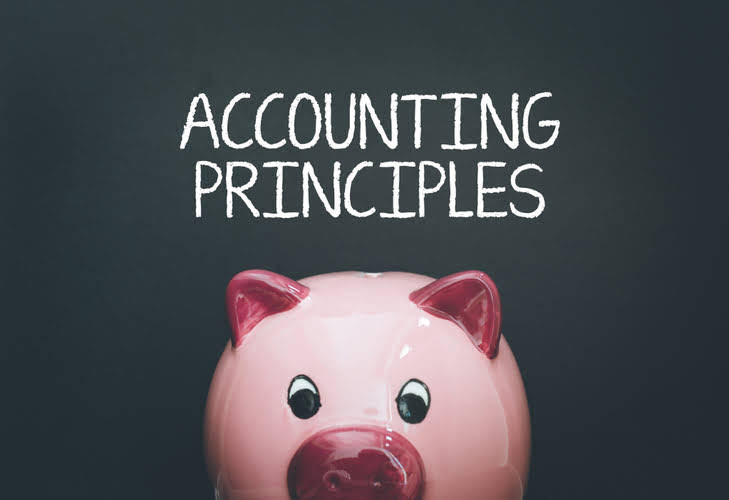Guide to Corporations: Definition and Types

To help you determine if a corporation is the best legal structure for your business, we spoke with legal experts to break down the different types of corporations, and the benefits and drawbacks of incorporating. Allocating resources helps businesses use limited resources more effectively, increasing productivity and revenues. Companies can direct resources toward areas with the highest returns by examining cost structures and market demand. Aside from reducing waste, efficient allocation also promotes sustainability.
Cost Saving Strategies With Professional Crane Hire Services

A corporation is a legal entity that is separate and distinct from its owners and is established to conduct business or trade. Initially, corporations were characterized by a few wealthy people who negotiated amongst themselves, invested capital and worked towards maximizing profits. However later in the nineteenth century; the rapid technological progress brought the idea of having larger firms employing hundreds and sometimes thousands of people.
Understanding Business Economics: Scope, Definition, Nature, and the Business Cycle
- Non-profit corporations are formed for charitable, educational, religious, or public service purposes and are eligible for tax-exempt status.
- Business economics covers the study of national income and the economic environment prevailing in a country.
- Now that we understand the basics of the concept and entities such as multinational corporation examples¸ let us also understand the practicality of the concept through the examples below.
- Hence they repeatedly rejected partners’ contractual attempts to limit their liability.
- In a limited liability company, shareholders are not personally responsible for the corporation’s debts or actions.
- Corporations are subject to specific taxation rules that distinguish them from other business entities.
Business economics is the study to focus on how economic theories will be affected by the performance of business or business activities in practice. Apple Inc. corporation economics is a multinational technological company that focuses on the electronic products’ designs and development as well as software development. IPhone is the company’s one of the competitive advantages that generate massive profit for the company.

Personal Growth
This comprehensive review will look at the definition of a corporation, its distinctive features, different advantages, and the significance of corporations for economies and industries worldwide. Corporations are among the most widespread and meaningful forms of business units everywhere. Various legal bodies originate from associations, groups of people, or entities often created for everyday business. Corporations have features that distinguish the whole new structure from the business formats, thus https://www.virtualpnp.com/2025/06/03/what-is-capital-expenditure-capex-examples-and/ being the central line of a modern economy.
- Business Economics is the application of economic theory and methods to the analysis of business decisions.
- Additionally, corporations can experience double taxation, where profits are taxed at the corporate level and again at the shareholder level when distributed as dividends.
- These insights enable companies to respond proactively to changes, capitalize on opportunities, and mitigate risks.
- A corporation can enter into contracts, own assets, and be held responsible for its debts.
- The primary downside of a traditional corporation is its lack of pass-through tax status.
Knowing what customers want and anticipating trends will help you adjust your production and sales tactics. Most businesses use surveys, historical data, and market analysis tools to determine demand trends. By accurately predicting the future, companies reduce waste and guarantee that goods will be available when and where customers need them. Common stockholders generally have voting rights and may receive dividends, though they are last in line for assets during liquidation. Preferred stockholders often have priority in receiving dividends and asset distribution but may lack voting rights.
Demystifying Business Economics: Concepts, Importance, and Differences
Internationally, corporations must navigate tax treaties and regulations to manage liabilities effectively. Transfer pricing rules, governing transactions between related entities in different countries, aim to prevent profit shifting and ensure income is taxed where economic activities occur. Compliance with these regulations is critical to avoiding penalties and maintaining a strong reputation. Corporate officers, such as the CEO, CFO, and COO, are appointed by the board to manage daily operations.

This separation offers limited liability protection to the owners (shareholders). Compared to limited liability companies (LLCs), corporations are generally more complex and rigid in their structure and governance but offer advantages in raising capital through public markets. Corporations play a significant role in the global economy due to their ability to raise large amounts of capital by issuing stocks and bonds. This feature makes them pivotal for financing large-scale real estate cash flow operations and projects, driving innovation, and creating jobs.
